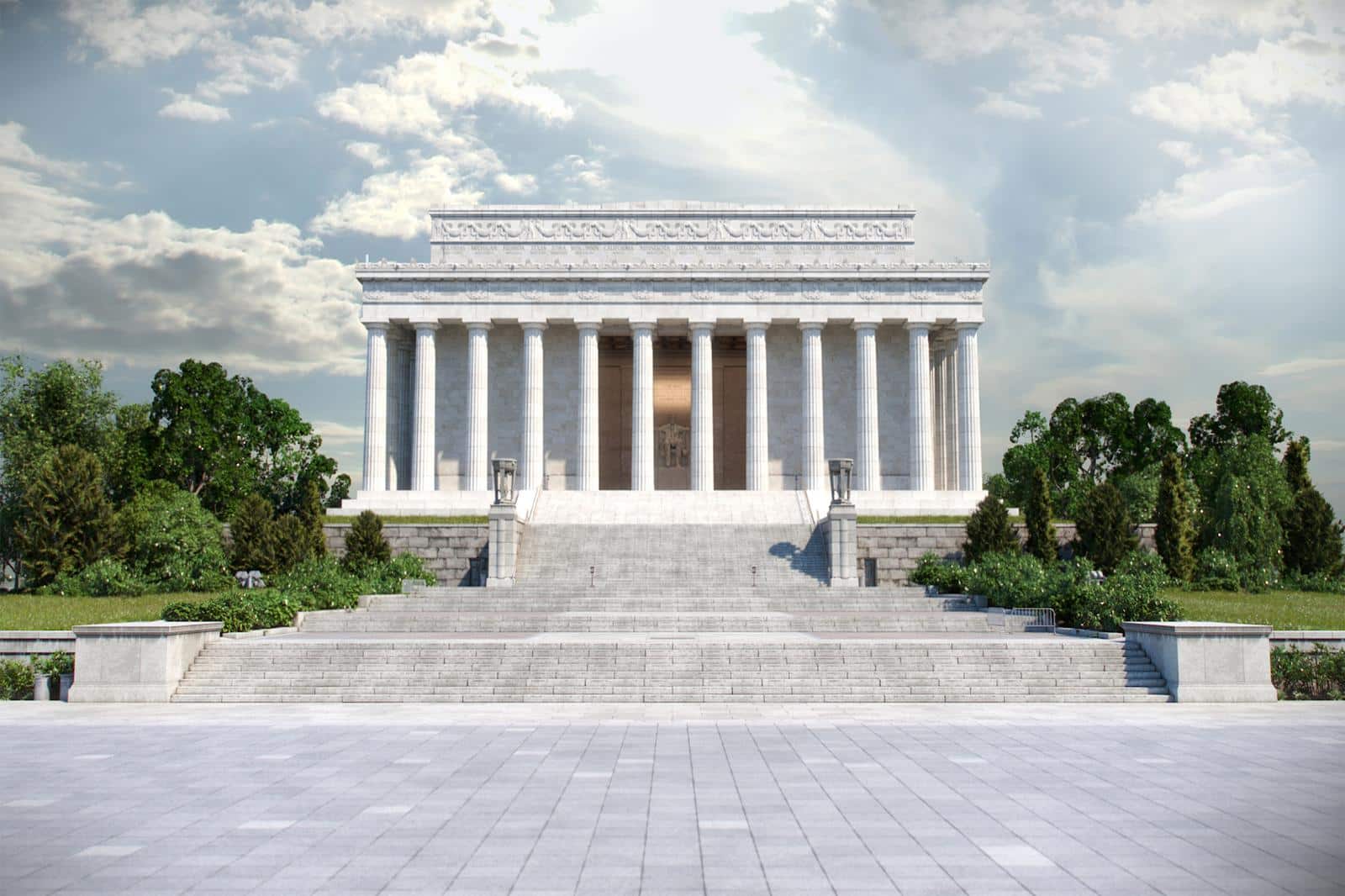Affirmative Action
Affirmative action had its beginnings in March 1961, less than two months after President John F. Kennedy assumed office. It began when Kennedy issued…
This encyclopedia provides a comprehensive reference explaining the major concepts, institutions, court cases, epochs, personalities, and policies that have shaped, or been shaped by, American federalism. It describes federalism’s creation and evolution, and its influence on local, state, and national governmental institutions, procedures, and policies. The models used to explain the various historical eras in the development of federalism are also included. Originally published by Greenwood Press in 2005, this encyclopedia contained over 400 entries relating to American federalism. In its current online form, entries are being added and old ones updated. See more…

Affirmative action had its beginnings in March 1961, less than two months after President John F. Kennedy assumed office. It began when Kennedy issued…
President Lyndon B. Johnson (1963–69) had a dramatic impact on federalism through a series of policy, regulatory, and fiscal initiatives broadly defined as the…
President Lyndon B. Johnson signed the Civil Rights Act of 1964 into law on July 2, 1964. It was the first substantial civil rights…
See Patient Protection and Affordable Care Act.
The Patient Protection and Affordable Care Act (ACA) [P.L. 111-148], commonly known as Obamacare, is a federal response to nationwide health care problems in…
The U.S. Advisory Commission on Intergovernmental Relations (ACIR) was established by Congress on September 14, 1959 (P.L. 86-380) and defunded by Congress in 1996.…
Under the Articles of Confederation, the original 13 states were “admitted” to the union based on what historian Peter Onuf calls the “doctrine of…
The Civil War is commonly regarded as having split the nineteenth century, and indeed all of American history, in half. The loss of life,…
The experience of the Civil War compelled citizens to make significant changes in the structure of American federalism, but these changes emerged in unexpected…
Thomas Jefferson, the third president of the United States, is an ironic political figure in the development of American federalism. Though Jefferson favored a…
Negotiated in Paris during the spring of 1803, the Louisiana Purchase added approximately 828,000 square miles of French territory to the United States. This…
443 to 455
|
481 Results
The Center for the Study of Federalism (CSF) is a nonpartisan, interdisciplinary research and education institution dedicated to supporting and advancing scholarship and public understanding of federal theories, principles, institutions, and processes as practical means of organizing power in free societies.
All of the CSF Fellows hold advanced degrees, are affiliated with academic institutions, and are scholarly experts in their fields. For more on each Fellow see CSF Fellows.
Most political and public issues in the United States are influenced to some extent by its federal system. Yet many do not understand that system. The CSF website seeks to foster a better understanding among the general public and scholars of federal governing systems generally and, specifically, of the federal system of government in the United States of America.
The CSF materials are free to use for educational purposes. If published, please acknowledge CSF as the source. If you intend to use these materials for profit, please, contact the Center for the Study of Federalism for permission. Some materials on the website are not owned by CSF and permission to use those materials should be sought with those holding legal title to the material.
Click here to sign-up to receive notifications about CSF materials and events. We will not share your email with any outside organizations or individuals.
Please direct all questions and comments related to this website, and inquiries about the research and teaching grants and awards, to us here. Remember CSF is a nonpartisan, interdisciplinary research and education institution.